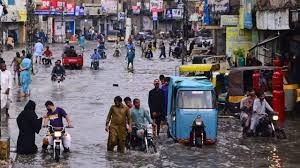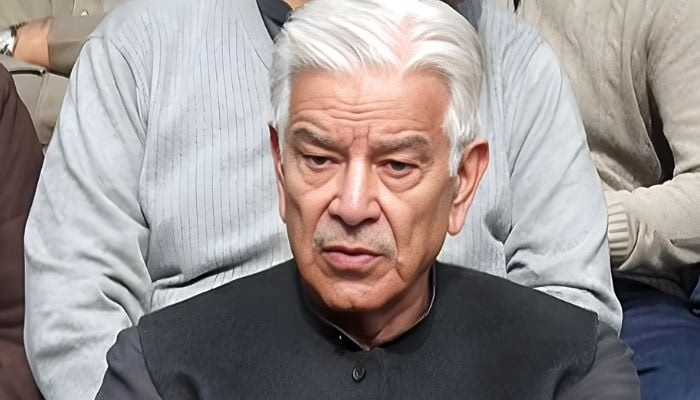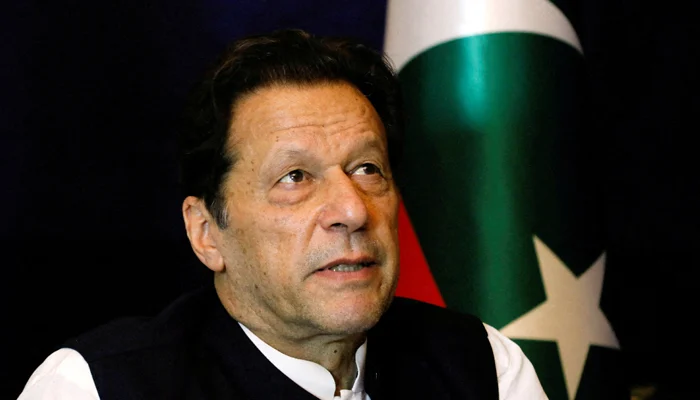Minister Ahsan Iqbal’s emphasis on green energy reflects a broader strategic vision for Pakistan’s energy landscape, aiming for resilience against both economic and environmental challenges. Here are some additional insights and initiatives that could complement his speech:
1. Integration of Renewable Energy Sources:
- The government is exploring diverse renewable energy sources, including solar, wind, and hydropower.
- Plans to establish solar parks and wind farms across various regions can leverage Pakistan’s geographic advantages.
2. Energy Efficiency Programs:
- Initiatives to promote energy efficiency in industrial and residential sectors can significantly reduce overall energy consumption.
- Awareness campaigns about energy-saving technologies and practices are being developed to engage the public and businesses alike.
3. Investment in Technology:
- Collaboration with international firms for technology transfer in renewable energy solutions can enhance local capabilities.
- The introduction of smart grid technologies can improve energy distribution and reduce losses in the transmission system.
4. Policy Framework and Incentives:
- A clear policy framework is necessary to attract investment in the renewable energy sector, including tax incentives and subsidies for green energy projects.
- Streamlining regulations can help reduce bureaucratic hurdles for renewable energy startups and investors.
5. Community Engagement and Education:
- Engaging local communities in renewable energy projects can foster ownership and ensure sustainable practices.
- Educational programs in schools and universities can promote awareness of environmental issues and the importance of renewable energy.
6. Collaboration with International Partners:
- Strengthening partnerships with international organizations and countries committed to green energy can facilitate knowledge exchange and resource mobilization.
- Participation in global climate change initiatives can position Pakistan as a proactive player in international environmental policy.
7. Addressing Climate Resilience:
- Implementing climate-resilient infrastructure is crucial to minimize the impacts of natural disasters, such as floods and droughts.
- Developing early warning systems and disaster preparedness plans can enhance community resilience to climate-related events.
8. Monitoring and Reporting:
- Establishing robust systems for monitoring renewable energy projects and their environmental impacts can ensure accountability and transparency.
- Regular reporting on progress towards energy goals and climate commitments can build public trust and engagement.
9. Public-Private Partnerships:
- Encouraging partnerships between the public and private sectors can mobilize resources and expertise needed to advance green energy projects.
- Incentives for private sector involvement in renewable energy generation can spur innovation and investment.
Conclusion
Minister Ahsan Iqbal’s call for a green energy transition is pivotal for Pakistan’s future, particularly in the context of climate change and economic sustainability. By focusing on renewable energy, efficiency, community engagement, and international collaboration, Pakistan can pave the way toward a more resilient and sustainable energy framework, benefiting both its economy and its environment.



